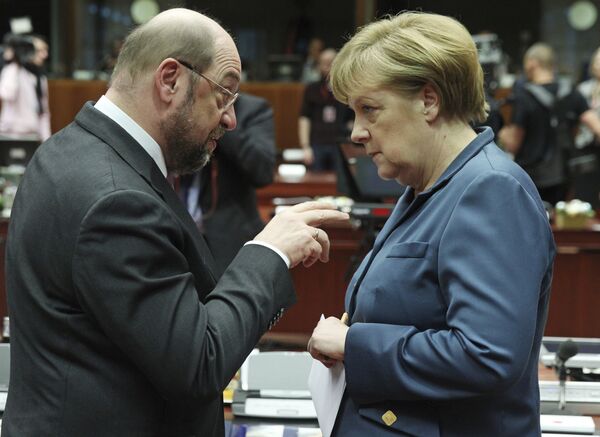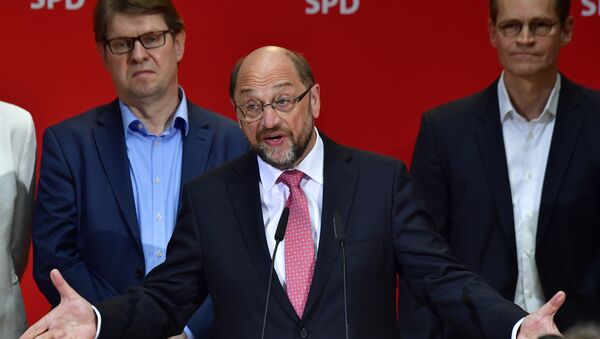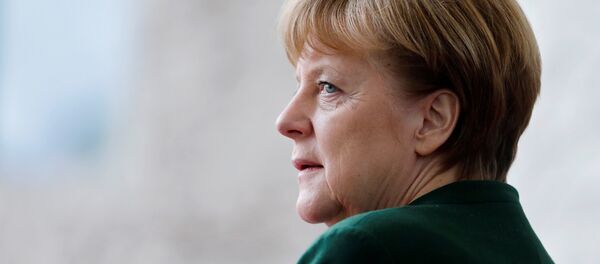Schulz announced he would not stand again as President of the European Parliament, November 2016, in order to return to domestic politics and run for the Social Democratic Party of Germany (SPD) against German Chancellor Angela Merkel in the forthcoming federal election, September 2017.
The CDU won 33 percent of the votes against the SPD's 31.2 percent — a significant blow to Schulz, particularly because North Rhine-Westphalia is his home state and a heartland of the SPD. Merkel's party put on 6.7 percent, compared to the previous election and the SPD lost 7.9 percent.
Merkel's party also won the regional elections in Schleswig-Holstein, May 2017 and Saarland, March 2017, further knocking the wind out of Schulz's sails German media quickly jumped to dub the North Rhine-Westphalia result a "political earthquake" that many see as paving the way for a Merkel victory in the federal election in September.
When Schulz originally stood for the leadership battle, he was seen as a strong candidate and the polls showed his to be a threat to Merkel. However, his success appears to be short-lived, with some putting his failures down to being too closely connected to the Brussels machine, after his stint at the EP president.

Poll Reversal
In March, 2017, a poll found that 44 percent of voters would prefer Schulz to form the next government, rather than Merkel.
Although the SPD and CDU/CSU were then neck and neck in the polls — both on 32 percent — which would lead to another coalition government, most Germans wanted it to be led by Schulz, rather than Merkel, who is facing her toughest election since becoming chancellor in 2005.
In just a matter of a few weeks, the situation has reversed with Merkel — despite drawing criticism over her "open doors" policy on refugees — now buoyant and looking set for her fourth term.



